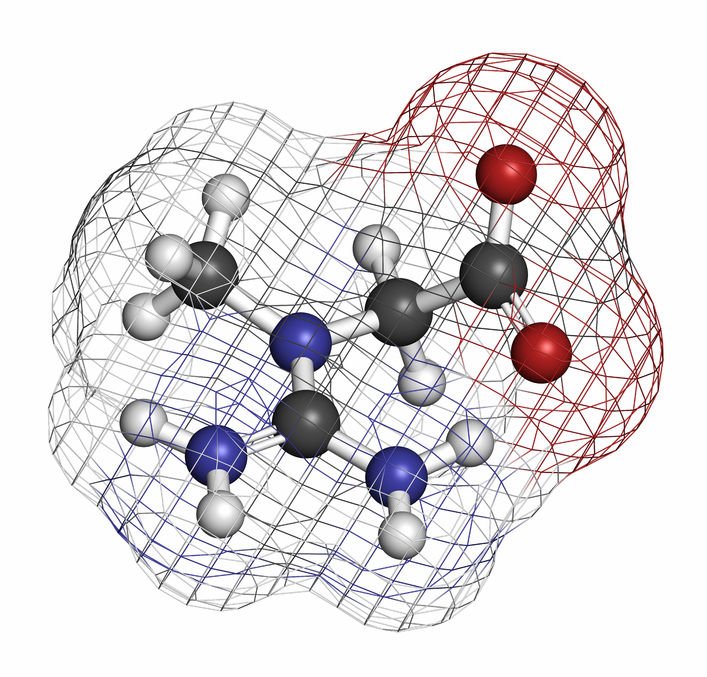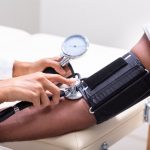A study was recently published looking at the long term cardiorenal complications associated with increases in the creatinine concentration upon initiation of angiotensin converting enzyme inhibitors/angiotensin receptor blocker ACEI/ARB treatment.1 It is generally considered benign when acute increases in serum creatinine levels of up to 30% occur after ACE/ARB treatment, as stabilization usually occurs within the first 2 months.2 This is why withdrawal of ACEI/ARB is suggested only when creatinine exceeds 30%, or hyperkalemia develops.2 However, this study looked at the long-term repercussions from these elevations, even below 30%.
The Study
122,363 patients recently initiating treatment with ACEI/ARB were tracked over a 17 year period of time. Rates of renal disease, myocardial infarction, heart failure and death were correlated with increases up to and over 30% in creatinine, in 10% increments. There were 2,078 patients with creatinine increases of 30% – more were female, elderly, and had cardiorenal comorbidity, and were on other hypertensive medications. The increases of 30% or more were correlated with an elevated incidence rate ratio for all outcomes measured, compared to increases of less than 30%. The most significant was a 3.43 RR for end-stage renal disease. – myocardial infarction, 1.46; heart failure, 1.37; death, 1.84. Between 10-19% there was an increase of incidence rate ratio of 1.15 across all outcomes and 1.35 for 20-29%.
Current Recommendations for Management
The conclusion of this cohort study questions the current recommendations for management of patients who have shown serum creatinine elevations after beginning ACEI/ARB treatment. Adverse cardiorenal outcomes were significant in a graduated relationship even below the current guidelines of 30% as a threshold for concern. Patients should be PARQed as to the increased risk of maintaining these pharmaceutical agents, contrary to conventional practice in certain instances. The rise in serum creatinine generally will be noted a few days after the initiation of therapy, after angiotensin II has been drastically reduced.3 Renal function is recommended to be checked at 3 to 5 days after treatment is begun in patients with renal stenosis, or high risk of renal complications.3
Sources:
- Schmidt M, Mansfield KE, Bhaskaran K, et al. Serum creatinine elevation after renin-angiotensin system blockade and long term cardiorenal risks: cohort study. BMJ. 2017;356:j791.
- Bakris GL, Weir MR. Angiotensin-converting enzyme inhibitor-associated elevations in serum creatinine: is this a cause for concern?. Arch Intern Med. 2000;160(5):685-93.
- Choudhri AH, Cleland JG, Rowlands PC, Tran TL, Mccarty M, Al-kutoubi MA. Unsuspected renal artery stenosis in peripheral vascular disease. BMJ. 1990;301(6762):1197-8.
 Node Smith, associate editor for NDNR, is a fifth year naturopathic medical student at NUNM, where he has been instrumental in maintaining a firm connection to the philosophy and heritage of naturopathic medicine amongst the next generation of docs. He helped found the first multi-generational experiential retreat, which brings elders, alumni, and students together for a weekend campout where naturopathic medicine and medical philosophy are experienced in nature. Three years ago he helped found the non-profit, Association for Naturopathic ReVitalization (ANR), for which he serves as the board chairman. ANR has a mission to inspire health practitioners to embody the naturopathic principles through experiential education. Node also has a firm belief that the next era of naturopathic medicine will see a resurgence of in-patient facilities which use fasting, earthing, hydrotherapy and homeopathy to bring people back from chronic diseases of modern living; he is involved in numerous conversations and projects to bring about this vision.
Node Smith, associate editor for NDNR, is a fifth year naturopathic medical student at NUNM, where he has been instrumental in maintaining a firm connection to the philosophy and heritage of naturopathic medicine amongst the next generation of docs. He helped found the first multi-generational experiential retreat, which brings elders, alumni, and students together for a weekend campout where naturopathic medicine and medical philosophy are experienced in nature. Three years ago he helped found the non-profit, Association for Naturopathic ReVitalization (ANR), for which he serves as the board chairman. ANR has a mission to inspire health practitioners to embody the naturopathic principles through experiential education. Node also has a firm belief that the next era of naturopathic medicine will see a resurgence of in-patient facilities which use fasting, earthing, hydrotherapy and homeopathy to bring people back from chronic diseases of modern living; he is involved in numerous conversations and projects to bring about this vision.


